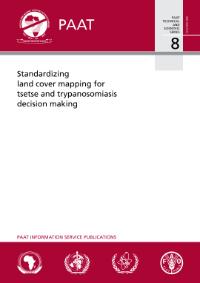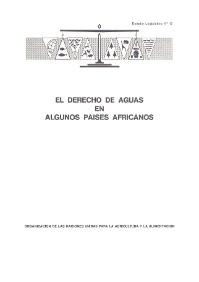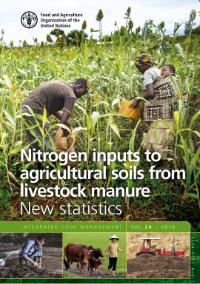Humanitarian and development organizations working in conflict-affected settings have a particular responsibility to do no harm and contribute to the wellbeing of the population without bias. The highly complex, politicized realities of work in conflict- and post-conflict settings often require…
Humanitarian and development organizations working in conflict-affected settings have a particular responsibility to do no harm and contribute to the wellbeing of the population without bias. The highly complex, politicized realities of work in conflict- and post-conflict settings often require…
The habitat of tsetse fly (Glossina spp.) depends upon climatic conditions, host availability and land cover characteristics. In this paper, the Land Cover Classification System (LCCS), developed by the Food and Agriculture Organization (FAO) and the United Nations Environment Programme (UNEP…
Teaser for ZOA's new land rights guidelines developed with input from many of our peers and partners, based on the work done by many others in the field and supported by the Knowledge Management Fund (KMF).
Este estudio es una contribución más en la tarea de realizar un inventario mundial de experiencias nacionales en el campo de la legislación y administración de aguas. Dado su interés en fomentar la producción agrícola, que requiere un mayor uso consultivo del recurso agua, la FAO se ha ocupado…
Secure access to land and secure use of land, for housing-, agricultural- and other purposes is one of the cornerstones of making sustainable, positive development possible. As ZOA provides relief, hope and recovery to people impacted by conflicts and disasters, addressing land rights issues…
The report “Transforming the livestock sector through the sustainable development goals” examines the sector’s interaction with each of the SDGs, as well as the potential synergies, trade-offs, and complex interlinkages involved. The publication is intended to serve as a reference framework for…
Accessibility to clean and sufficient water resources for agriculture is key in feeding the steadily increasing world population in a sustainable manner. Nature-Based Solutions (NBS) offer a promising contribution to enhance availability and quality of water for productive purposes and human…
Access to safe water and sanitation and sound management of freshwater ecosystems are at the very core of sustainable development. This is the aim of Sustainable Development Goal 6 (SDG 6), which includes approaches to water management supported by international cooperation, capacity building…
El 11 de mayo de 2017 se celebró el quinto aniversario de la aprobación de las Directrices voluntarias sobre la gobernanza responsable de la tenencia de la tierra, la pesca y los bosques en el contexto de la seguridad alimentaria nacional (en adelante, Directrices voluntarias) por el Comité de…
Le mode de gestion permettant aux communautés locales de disposer des droits suffisants sur les ressources forestières pour les gérer durablement, en toute autonomie, n’est pas encore assez répandu en Afrique centrale. Il était donc opportun de rechercher le meilleur moyen de permettre à un tel…
The global agricultural sector today faces the double challenge of feeding a growing population while preserving the underlying natural resources of land, water and air. In the meantime, already a third of the world’s soils are degraded. Soil and nutrient management techniques aimed at restoring…













